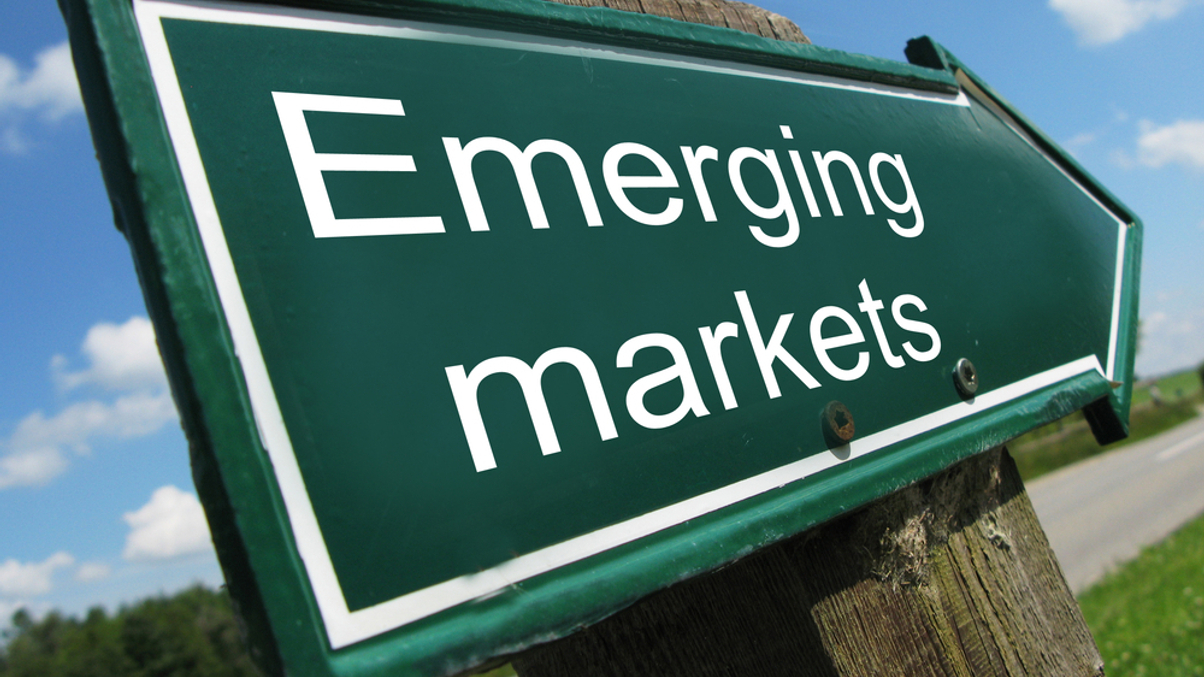France’s FRR eyes EM shares, different Asia approaches
The French pension reserve fund aims to raise exposure to emerging market stocks and is open to different methods of accessing Asian assets.

France’s Fonds de Réserve pour les Retraites (FRR) plans to raise its exposure to emerging markets equity and is open to new ways of investing in Asia, although it has hit the limit on its allocation to return-seeking assets – namely, 55% of its €36 billion ($41 billion) portfolio.
Sign in to read on!
Registered users get 2 free articles in 30 days.
Subscribers have full unlimited access to AsianInvestor
Not signed up? New users get 2 free articles per month, plus a 7-day unlimited free trial.
¬ Haymarket Media Limited. All rights reserved.


